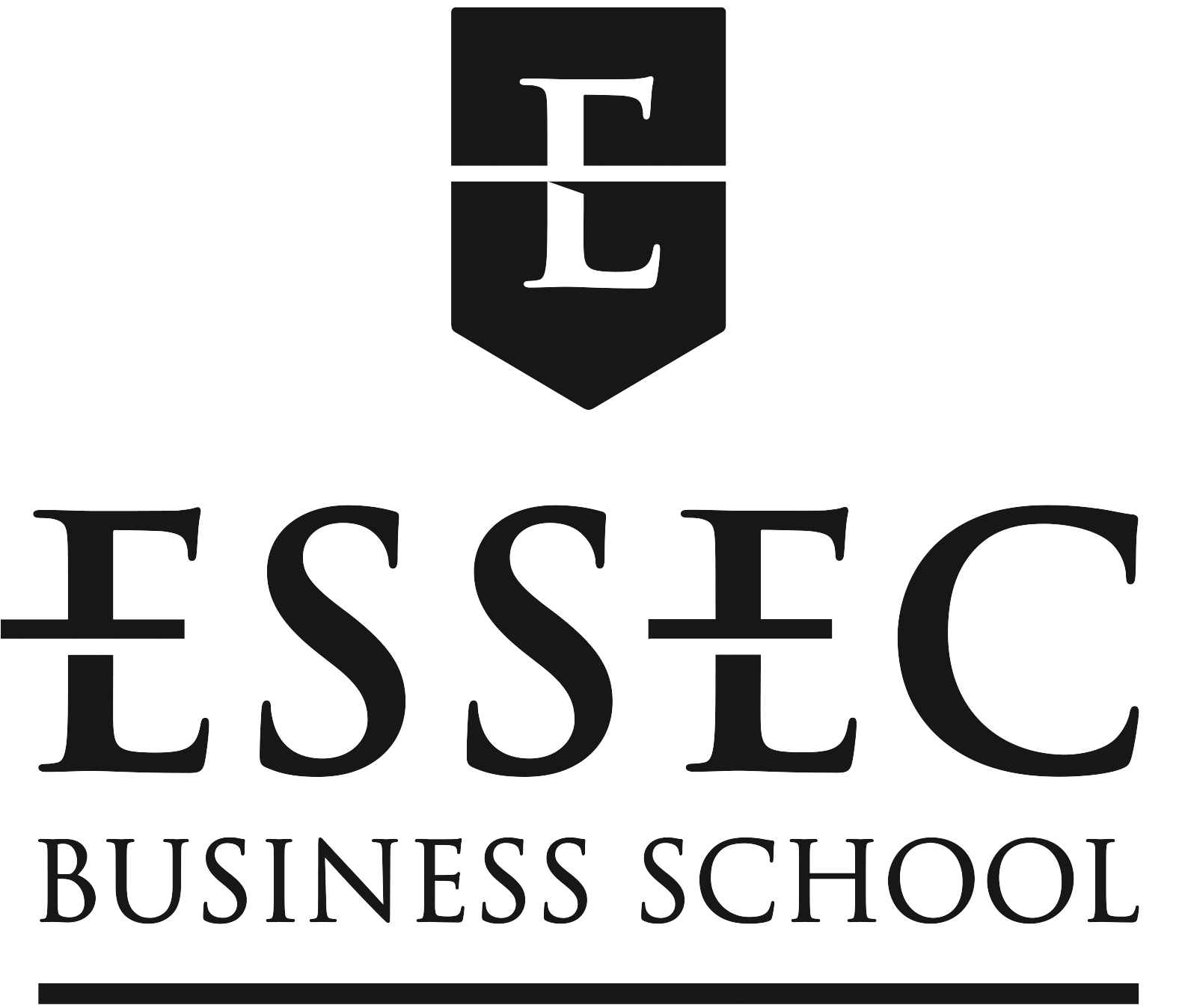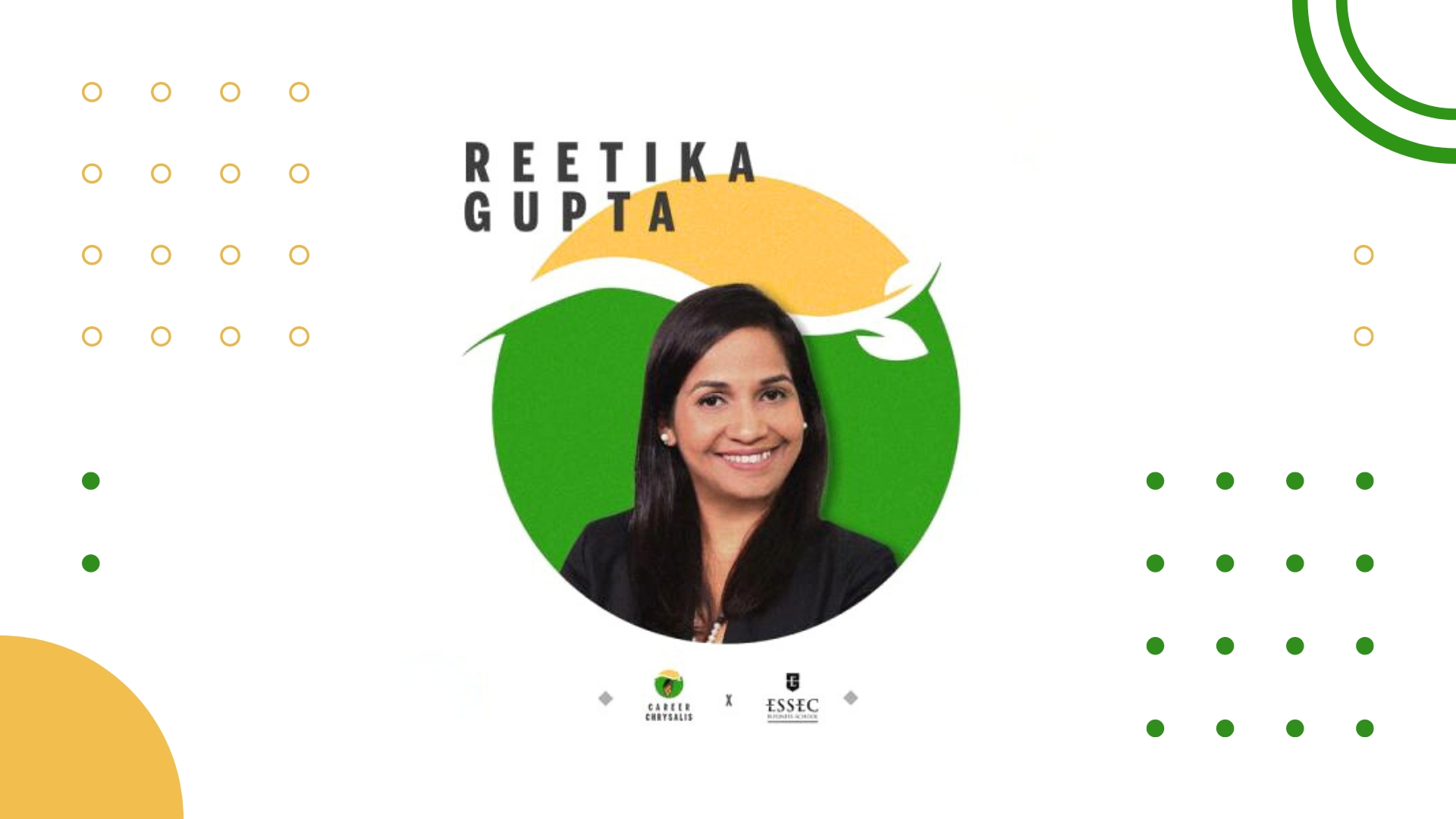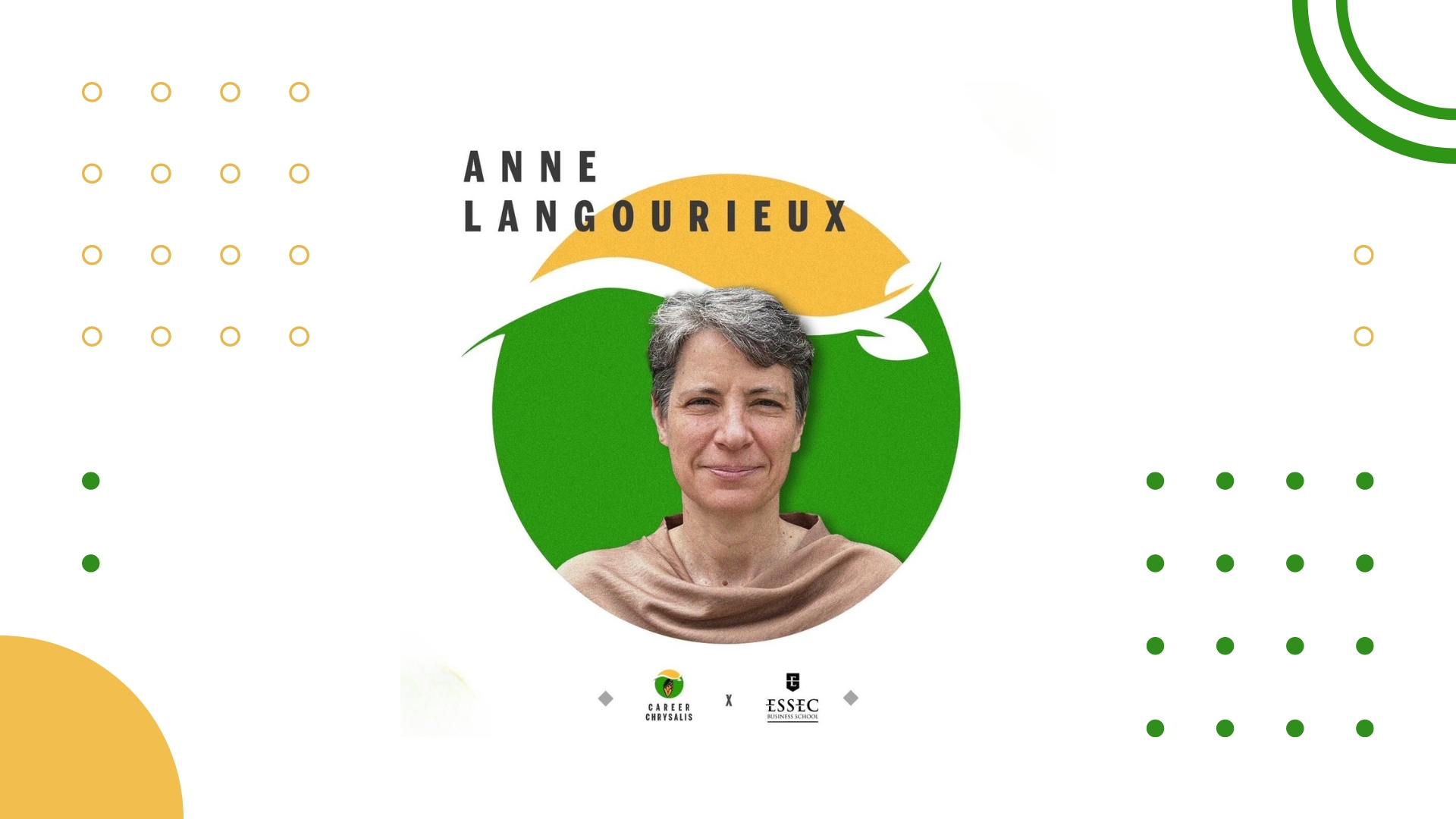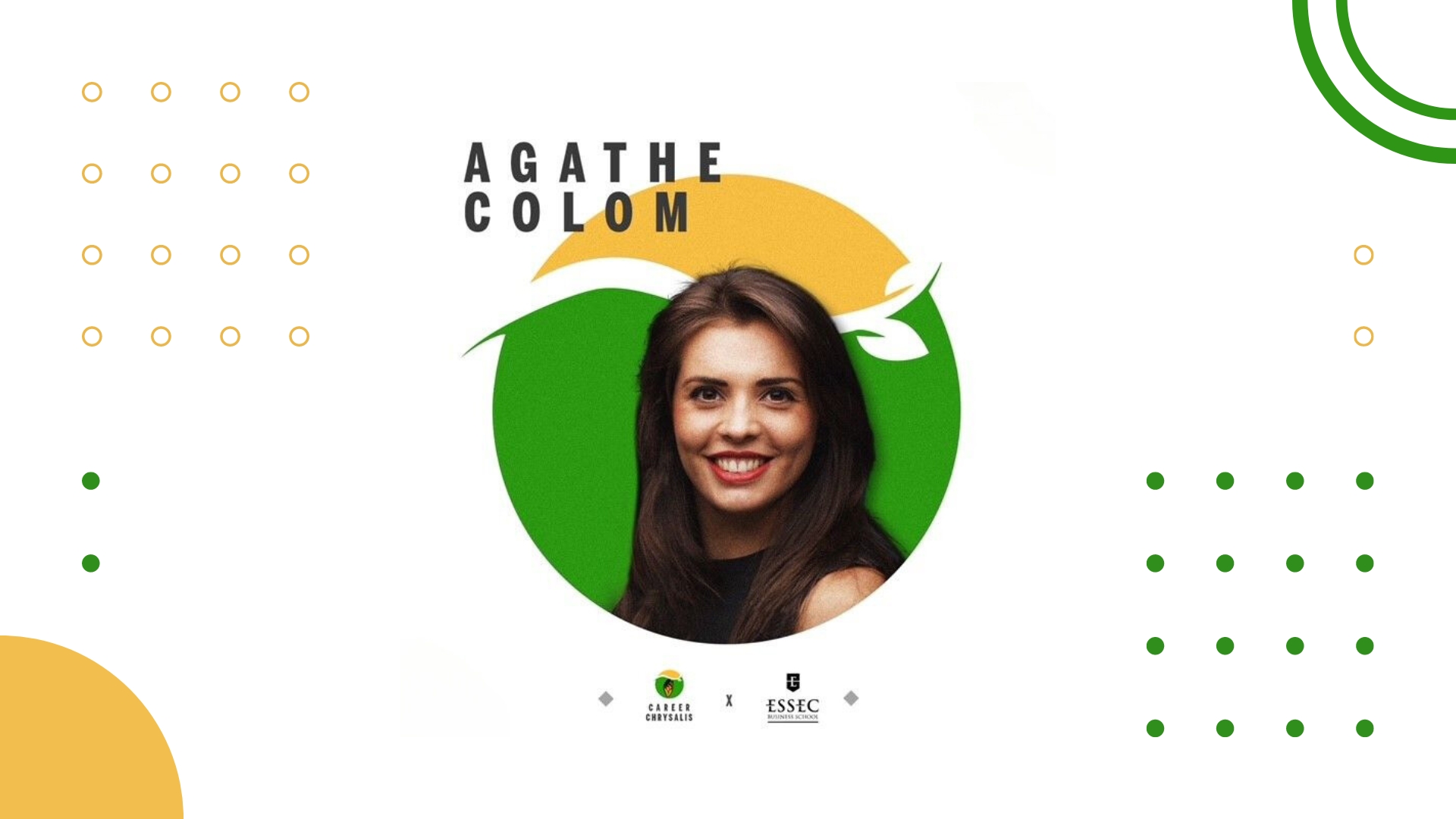With nine internships in the finance sector and experience with companies like J.P. Morgan, Credit Suisse, AllianceBernstein, and Bamboo Capital Partners, Simran Hathiramani is arguably an expert at the internship application process.
Her senior, Janice Liu, veered towards human resources and the FMCG market, securing internships at global organizations like L’Oreal and LVMH before finding her full-time role in human resources at Unilever.
And then there is Cerella Sim, ESSEC Career Services Manager, the Global Bachelor of Business Administration (GBBA) students’ go-to person for advice on all things work-related.
Combined with their combined experience, they tackle some of the top questions about an internship.
I’ve never done this before! Where do I start?
ESSEC Career Services offers a wide range of workshops covering everything from resume writing to networking to get you started. “These workshops are also progressive and staggered across the year and timed to match the stages of the internship search,” Cerella says.
What can career services help me with?
Simran shares that she benefited the most from the resume checks and mock interviews.
“The career advisor gave us a list of buzzwords that recruiters use to filter through resumes, and during mock interviews, we practiced answering questions about our key strengths, weaknesses, and motivations,” she recalls. “As a freshman, this gave me insight into the recruitment process and how I should approach employers.”
How do I know what resume format to follow?
Cerella advises that you should target your resume style to the industry you are applying to.
Companies like Netflix or Google may be more open to creatively designed resumes with pictures and graphics. However, if you’re aiming for a finance, consulting, or hospitality role, stick to black and white and something more conventional.
What if I don’t know where I want to work?
“You may not know what you want to do, but do you know what you don’t want to do?” Cerella asks. She recommends narrowing down the options by removing the roles you know you have no interest in and then looking into the companies or industries you are attracted to.
“I’d also recommend going for as many interviews as possible for practice,” Simran says. “Even if you don’t think the job is the best fit, take the interview—you never know, it may surprise you.” Being open-minded is vital because, as she and Janice have found, sometimes passion can develop in the new roles and industries you try.
How many internships should I take?
ESSEC students must complete at least three internships to graduate—but there’s no reason to stop there.
“I found that people were more willing to hire me when I had more practical experience gained from my previous internships,” Simran shares, adding: “The firms that were responding were also much better quality.”
How long will it take me to find an internship? How many roles should I apply for?
“It’s not actually about the number of applications you throw; it’s also about the quality of your application and the places that you apply to,” Janice says.
“You can probably apply to fewer companies and find an internship faster if you have a good idea of where your interests lie,” she muses, explaining that this is because when someone is genuinely interested in something, their passion is likely to shine through during the application and interview process.
Is finding an internship hard if I am not from Singapore?
No, because ESSEC students have a valid Singapore student pass, and there is no additional paperwork to fill or quotas for companies to meet. In fact, Cerella notes: “Companies are actually very interested in hiring foreign students because of the different perspectives they bring to work!”
Big firm or small firm? Does it matter?
The tendency is for students to prefer more prominent and more trendy firms, but “sometimes when you start small, you have a more enriching experience and can learn more,” Cerella says.
In Simran’s experience, looking at the company culture and team is more important than just its size and reputation because “if you have a good team, you can make almost anything work.”
How important is networking, really?
Extremely. Janice secured her internship at LVMH by networking during a career fair, and Simran has multiple stories of how networking has helped her build her career path. But what’s more important than networking is networking well.
For Simran, this means following up each coffee chat or interview with personalized thank-you notes. Besides being good manners, “it also leaves the line of communication open, so you have a point of contact that you can speak to in the future if you need to,” she explains.
Help! I’m having a tough time at my internship!
“Extreme stress, like when you are working crazy shifts, and sexual harassment are definitely no-nos that cannot be ignored,” Cerella declares, adding that any student facing these issues should reach out to ESSEC immediately.
That said, wearing multiple hats during an internship is normal, and reflecting on her own experience, Janice shares that it is okay to ask for help.
“If you face a roadblock you cannot solve, speak to your managers about it. Setting extremely high expectations for yourself isn’t productive because you’re here to learn at the end of the day, right?”
RELATED POSTS
Career Transitions S3E7: Refresh Your Perspective to Accelerate Your Transition
Listen to the final episode of Career Transitions podcast in collaboration with ESSEC Asia-Pacific featuring hosts Vanessa Iloste and Vanessa Teo.
Career Transitions S3E6: Lifelong Learning and Career Strategies with Professor Reetika Gupta
Listen to the sixth episode of Career Transitions podcast in collaboration with ESSEC Asia-Pacific featuring Deputy Dean Reetika Gupta and hosted by…
MMD Study Trip in Hong Kong: Career Insights Abound at Global Business Hub
During the annual study trip, MSc in Marketing Management and Digital students from the class of 2024 gained valuable insights about different…
MiF Study Trip in Hong Kong: From Dynamic Markets to Global Sustainability
Master in Finance students from ESSEC explored Hong Kong's financial landscape, engaging with top institutions and industry leaders, gaining crucial…
Career Transitions S3E5: From Corporate Leadership to Sustainability with Anne Langourieux
Listen to the fifth episode of Career Transitions podcast in collaboration with ESSEC Asia-Pacific featuring alumnus Anne Langourieux and hosted by…
Career Transitions S3E4: Building Strong Connections with Agathe Colom
Listen to the fourth episode of Career Transitions podcast in collaboration with ESSEC Asia-Pacific featuring alumnus Agathe Colom and hosted by HR…







